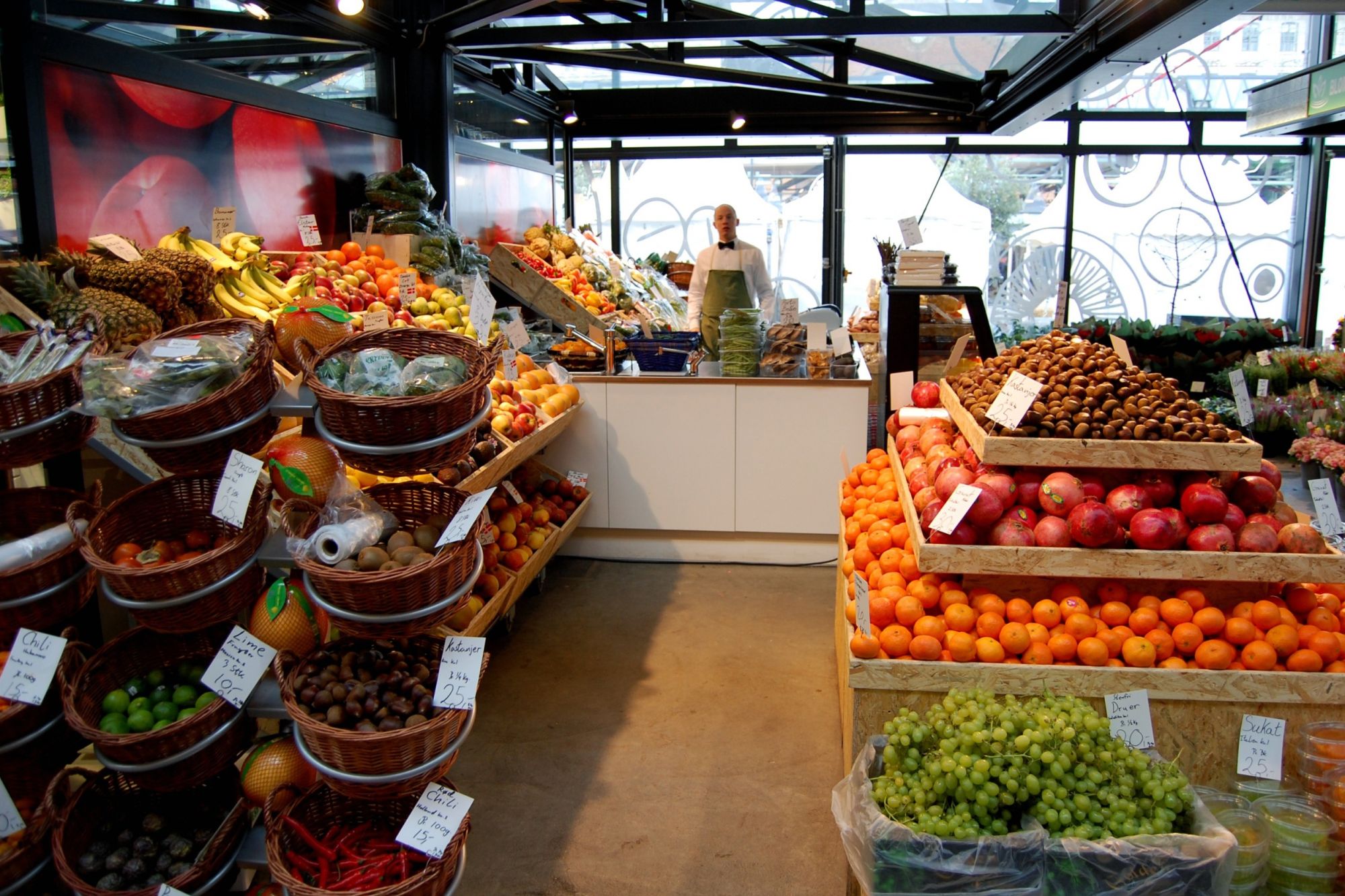Five Factors Contributing to the Growth of Organic Market in India The Government of India and the state governments have found a way to improve the administrative system of natural items alongside revealing numerous plans to boost organic farming
By Rishabh Chokhani •
Opinions expressed by Entrepreneur contributors are their own.
You're reading Entrepreneur India, an international franchise of Entrepreneur Media.

Natural culture results from the organic disposition where nature is spoken to overall or represented as a whole. Its objective is an economical and environmentally adjusted farming framework creating fantastic staples and securing and utilizing natural resources. India at present holds the ninth position among 178 nations that effectively practice organic agriculture and markets for organic products. At present, the nation is home to in excess of 835,000 organic makers, 699 processors, 669 exporters and 1.49 million ha zone under natural cultivation. However, with just a pitiful 0.4per cent of the all-out rural land region assigned for natural development, the industry presents broad extension or expansion. According to "India Organic Food Market Forecast & Opportunities, 2020", the market for organic food in India is anticipated to grow at a CAGR of over 25per cent during 2016-20.
A significant pattern that is being watched is progressive development of natural sustenance as a basic piece of the everyday diet among the privileged populace in India. Rising wellbeing cognizance among white collar class customers in significant urban communities crosswise over India has been the key calculate adding to development the market. In contrast to customary sustenance, which includes utilization of substance composts and pesticides, organic nourishment items are made utilizing normal items.
As a result, execution of different benchmarks to improve the nature of natural sustenance created in the nation is relied upon to impel development in India's organic market throughout the following five years and ahead.
Key growth drivers of organic cultivation and markets in India are as follows:
Increase in Health Awareness
Lately, there has been an expansion in wellbeing worries among Indian purchasers. They have begun offering significance to the supplement content and the nature of the nourishment they consume, subsequently bringing about an expansion in the utilization of natural sustenance. The present market measure for organic items is US$533 million, displaying 17per cent development in 2015. As indicated by ASSOCHAM, metropolitan urban communities have seen a 95per cent expansion sought after over the most recent five years.
Contribution in Organic Merchandise Companies
An enormous number of financial specialists are putting resources into organic organizations as the Indian organic market is developing exponentially. They are keen to invest as the profits are increasing at a very high pace which is attracting them to take this risk.
Working Population and Urbanisation
Increment in urban populace infers development in per capita acquiring power just as an adjustment in way of life and sustenance propensities. Urbanization is developing quickly and 45per cent of the Indian populace will dwell in urban zones by 2030. About 70per cent of the utilization development in India in the following 15 years is relied upon to originate from the working populace (individuals matured 15-59 years). The urban buyers are available to paying expanded costs for different organic items.
Static Growth in Use of Online Marketing Channels
Numerous natural sustenance organizations are embracing the online course to grow their purchaser base. The physical natural stores are typically situated in metro and smaller than normal metro cities. These organizations are contacting the remaining buyers through online channels. they are incurring huge profits on cost cut basis through online marketing globally.
Soaring Support of Indian Government
The Government of India and the state governments have found a way to improve the administrative system of natural items alongside revealing numerous plans to boost organic farming. On the administrative front, Food Standards and Safety Authority of India (FSSAI), in December 2017, have perceived both the affirmation frameworks (NPOP and PGS-India) substantial for natural sustenance items. This gives an impulse to both advance and direct markets with the goal that household shoppers and fare nations can confide in Indian organic merchandise.
Wellbeing and ecological concern are most grounded sparks for purchasing organic items. While difficulties are seemingly within easy reach, the industry is very much keen to adjust as essential. Their center base is faithful and undiscovered markets present considerably more open doors for development. What's more, retailers and their production network accomplices are now attempting noteworthy endeavours to lower costs so as to make natural produce progressively open and moderate for customers at all salary levels. Buyers are anxious to discover organizations with whom they can build up a relationship. It is informative to analyse a developed, well-working organic market as global opportunity.












